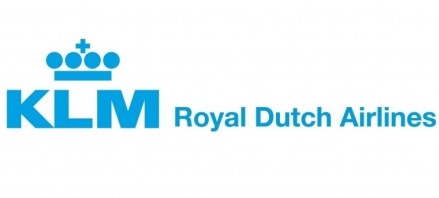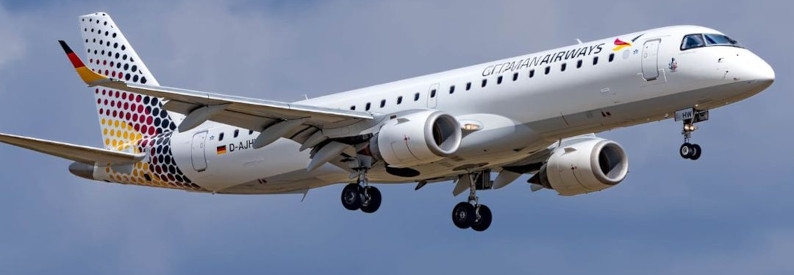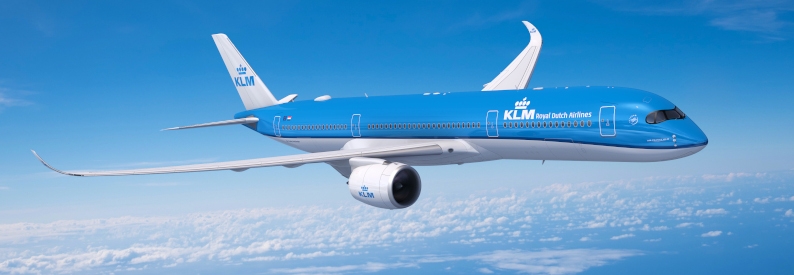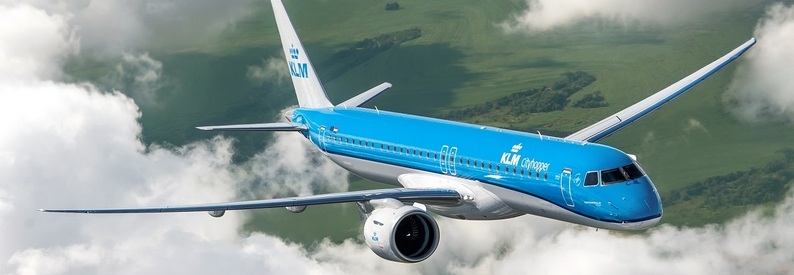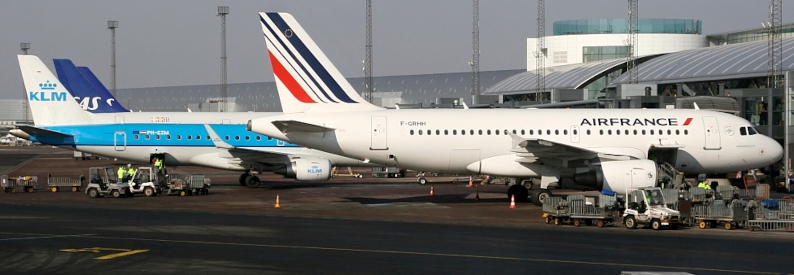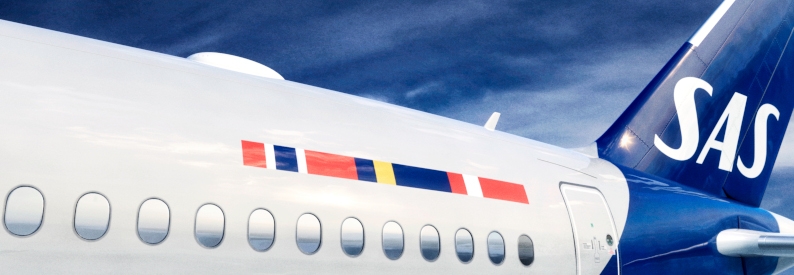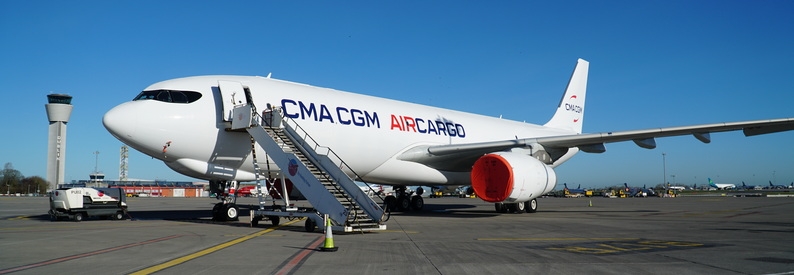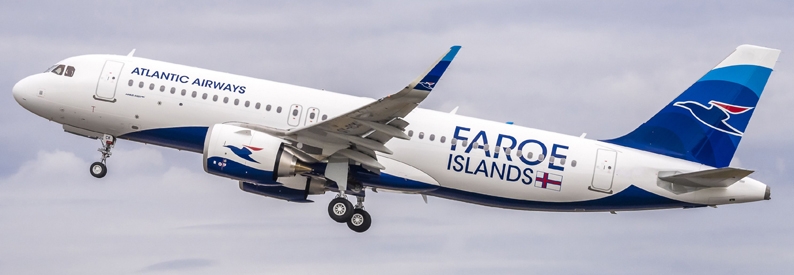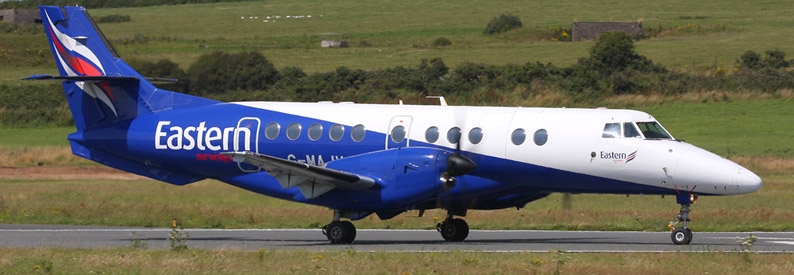KLM Royal Dutch Airlines (KL, Amsterdam Schiphol) is studying the implications of a Dutch appeal court ruling that allows the government to scale back capacity at Amsterdam Schiphol by 12% to 460,000 flights from March 2024 to reduce noise and carbon emissions.
The airline, along with the the International Air Transport Association (IATA), expressed disappointment about the Amsterdam Appeal Court's decision to overturn an April 5 judgement by the District Court of Noord-Holland which found the Dutch government’s experimental regulation to reduce capacity at Schiphol was in violation of its European Union obligations to take a balanced approach to noise and carbon mitigation. The lower court had found the state had not followed the correct European Union regulations when it sought to cut capacity from 500,000 to 440,000 flights annually at Schiphol for the 2023/2024 season.
The state took the matter on appeal, resulting in the Appeal Court ruling that the Dutch state may establish a temporary experimental scheme that would not violate EU aviation regulations, provided a number of conditions were met. The judgment is currently being studied, and the next steps are being mapped out, Minister of Infrastructure and Water Management Mark Harbers informed the Lower House of the Dutch Parliament (Tweede Kamer) in a letter on July 7. "This means that the State may terminate anticipatory enforcement after 31 March 2024. [...] As a result of the cessation of anticipatory enforcement and the introduction of the experimental scheme, we expect to return to a maximum of 460,000 air transport movements at Schiphol," Harbers said.
"We are disappointed about the ruling and are studying it. The court does not specify in concrete terms how an experimental regulation can be applied. As a result, it is currently unclear when, how and in what way the ruling will be implemented and what it means for the number of aircraft movements at Schiphol," KLM said in a statement.
The airline said it would continue to engage with other stakeholders in seeking a solution. On June 15, the airline submitted a plan to invest up to EUR7 billion euros (USD7.6 billion) in new aircraft and adopt smarter flight procedures and schedules, which it said was a better way to reduce noise and CO2 emissions at Schiphol because it meant retaining its network. "We would very much like to achieve this in cooperation with government and airport authorities, Air Traffic Control the Netherlands (LVNL) and other stakeholders, within the framework of the balanced approach required by the EU in the context of the noise reduction targets the ministry has set," it stated.
In a separate statement, IATA said governments, including the Dutch government, were signatories to the Chicago Convention and its annexes, which include the balanced approach enshrined in European law. "This is a disappointing outcome for travellers, shippers, the Dutch economy, and airlines. As we examine the ruling and its complexities, we seek clarity from the Dutch government on its intentions. The full impact of this decision on the planned capacity cuts is unclear, and there are no established international processes for such a retrograde exercise. We also urge the European Commission to defend its laws and air service agreements. And most importantly, we continue to ask the Dutch government to revert to the balanced approach, which is the most effective and only internationally accepted means of dealing with the noise concerns of the local community,” said IATA’s Director General, Willie Walsh.
The parties that joined IATA’s action include Air Canada, United Airlines, FedEx Express, JetBlue Airways, British Airways, Vueling Airlines, Lufthansa, and Airlines for America.
- Type
- Base
- Aircraft
- Destinations
- Routes
- Daily Flights
